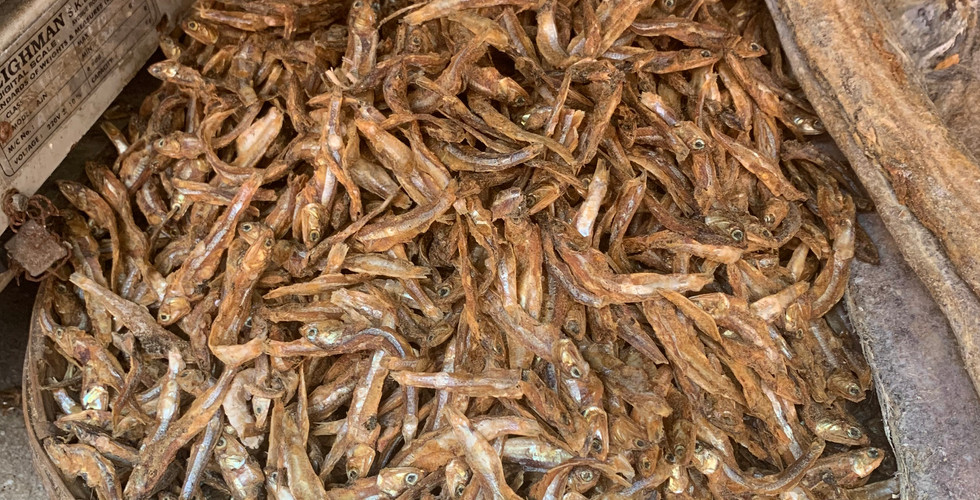Folklore has it that the astonishing fact about food preservation is that it permeated every culture at nearly every moment in time.
To survive ancient man had to harness nature. In frozen climates he froze seal meat on the ice. In tropical climates he dried foods in the sun. Food by its nature begins to spoil the moment it is harvested. Food preservation enabled ancient man to make roots and live in one place and form a community. He no longer had to consume the kill or harvest immediately, but could preserve some for later use.
Each culture preserved their local food sources using the same basic methods of food preservation. DryingIn ancient times the sun and wind would have naturally dried foods. Evidence shows that Middle East and oriental cultures actively dried foods as early as 12,000 B.C. in the hot sun. Later cultures left more evidence and each would have methods and materials to reflect their food supplies—fish, wild game, domestic animals,
Every Country and region of a coast has their own delicacies when it comes to Salt dried fish,
from the legendary "Bombay Duck" to the Malaysian "Ikam Bilis" the varieties are endless.
Vala Karuvadu - or Swordfish Salt fish is by far the most sought out one in the Southern part of India, my times in the Pacific coast introduced me to the beauty of Swordfish, little did it strike me that all these while I had grown up on this fish, never did it cross my mind on the literal translation too ...."Val" in my mother tongue Tamil is Sword.
As for cooking these fishes in the west, it was a crime to even lay them more than a minute each side, but in southern part of India its the other way around, the fish is rubbed with salt and laid to dry for days, what it dose while cooking these are nothing short of a phenomenon, On cooking the richly fishy flavour of this preserved fish can take a bit of getting used to, as and while it cooks the slightly rancid note lifts, leaving a rich, seared, meaty savouriness that really does heighten the flavour profile.
One such delicate layered preparation is the "Karuvadu Thokku" it could resemble the Sambol cultures of the South Eastern Asia, on pairing them with the dose of umami broth which is the rasam, not only enhances the flavour but gives one of the most satisfying soulful indulgences.
There are other notes of pairings that the "Karuvadu Thokku" could be feasted upon, a simple dal or local greens from the region would work wonders too.





